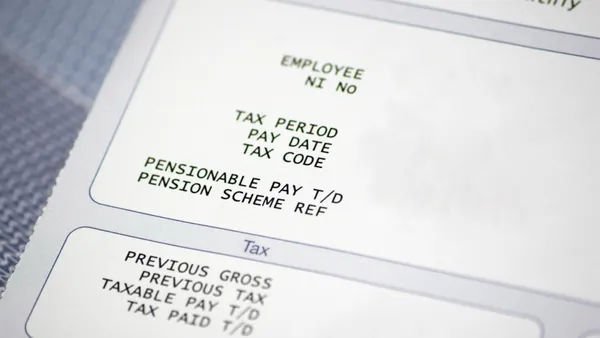Dive Brief:
- Studies show that women who either are on a flexible schedule or requesting one are less liked and considered less productive than men, reports Fortune.
- The same studies found that men who requested a flexible schedule were considered productive and dedicated to their work. They, also, were more likely to have their request approved (70% of respondents for men in one study versus only 57% for women), says Fortune. Women who requested flexible schedules were more likely to have their requests denied and thought to be making the request only to take care of their families, says Fortune.
- A study by LeanIn.Org and McKinsey and Company shows that women are aware of the bias against them. Women in the study didn’t participate in flexibility programs because they think it will hurt their careers.
Dive Insight:
Bias against women in the workplace is a long-term, well-documented problem that starts early on in their careers. The question is how do employers rid the workplace of unfairness of any kind, and in this case, against women? HR needs to ensure that their own personal views aren’t a factor in accepting or denying requests for flexible schedules. For flexibility to be a truly productive workplace measure, all kinds of flexibility should be treated with respect.
Women might be unfairly viewed as less productive than their male counterparts, as gender stereotypes continue to keep inequality alive in the workplace. Most women (60%) and half of men (49%) in the study said gender stereotypes affect their lives and careers — meaning fewer women in leadership positions and likely less understanding from company leadership generally for women and their desire for flexibility.
Better talent pipelines that are more inclusive of women and other forms of workplace diversity is one way to improve equality.













